
Laura Sanders reports on neuroscience for Science News. She wrote Growth Curve, a blog about the science of raising kids, from 2013 to 2019 and continues to write about child development and parenting from time to time. She earned her Ph.D. in molecular biology from the University of Southern California in Los Angeles, where she studied the nerve cells that compel a fruit fly to perform a dazzling mating dance. Convinced that she was missing some exciting science somewhere, Laura turned her eye toward writing about brains in all shapes and forms. She holds undergraduate degrees in creative writing and biology from Vanderbilt University in Nashville, where she was a National Merit Scholar. Growth Curve, her 2012 series on consciousness and her 2013 article on the dearth of psychiatric drugs have received awards recognizing editorial excellence.

Trustworthy journalism comes at a price.
Scientists and journalists share a core belief in questioning, observing and verifying to reach the truth. Science News reports on crucial research and discovery across science disciplines. We need your financial support to make it happen – every contribution makes a difference.
All Stories by Laura Sanders
-
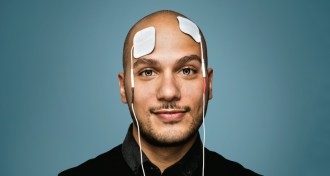 Neuroscience
NeuroscienceAt-home brain stimulation gaining followers
People are building at-home electric brain stimulators in hopes of becoming better gamers, problem solvers, and even to beat back depression.
-
 Neuroscience
NeuroscienceBrain difference found in people with chronic fatigue
Abnormality found in the brains of a small number of people with chronic fatigue syndrome is intriguing, but needs to be confirmed with more patients.
-
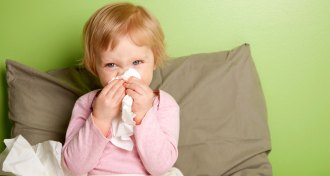 Health & Medicine
Health & MedicineThere’s no need to panic about enterovirus
The enterovirus behind this year’s outbreak, EV-D68, has been around for decades and generally causes mild symptoms.
-
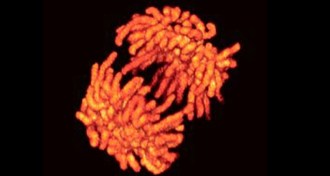 Science & Society
Science & SocietyNobels go to maps, LEDs, microscopy
The 2014 Nobel Prizes in chemistry, physics and physiology or medicine went to discoveries that defy single-discipline labels.
-
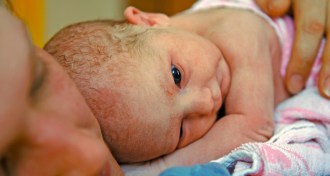 Health & Medicine
Health & MedicineA timeline of a baby’s first hour
A study carefully documents newborns’ instinctual behaviors in the first hour outside the womb, observations that paint a picture of what babies might need in the moments after birth.
-
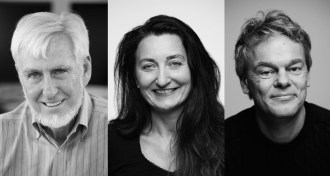 Neuroscience
NeuroscienceNeuroscientists garner Nobel for discovering brain’s ‘inner GPS’
Three researchers who found brain cells that allow rats to orient themselves in space have won the 2014 Nobel Prize in physiology or medicine.
-
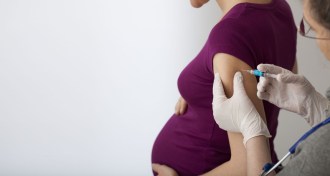 Health & Medicine
Health & MedicinePregnant women’s immune systems overreact to the flu
A new study offers an exception to the assumption that a pregnant woman’s immune system fades to keep from attacking the growing fetus.
-
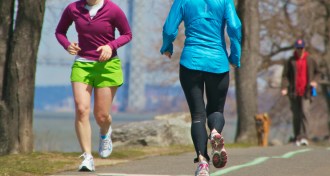 Neuroscience
NeuroscienceMighty muscles may stave off depression
Strong muscles protect the brain from stress-induced toxin associated with depression, a study in mice suggests.
-
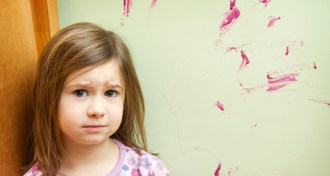 Health & Medicine
Health & MedicineThe debate over spanking is short on science, high on emotion
Spanking to discipline a child sparks heated debate that reflects deep divides in our society. Studies generally show negative effects of spanking, but there are many caveats.
-
 Neuroscience
NeuroscienceDyslexic brain may solve some math problems in a roundabout way
Children with dyslexia rely heavily on right brain to do addition problems.
-
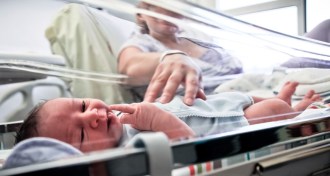 Health & Medicine
Health & MedicineNot all the ‘baby friendly’ rules are rooted in science
The Baby Friendly Hospital Initiative has a noble goal of encouraging breastfeeding, but some of its recommendations may be based on shaky science.
-
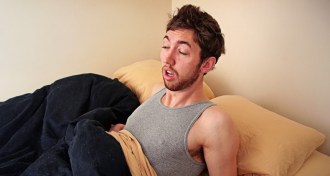 Health & Medicine
Health & MedicineSleep drunkenness might be common
A new survey shows that about 15 percent of people sometimes wake up disoriented and confused, a condition called sleep drunkenness.